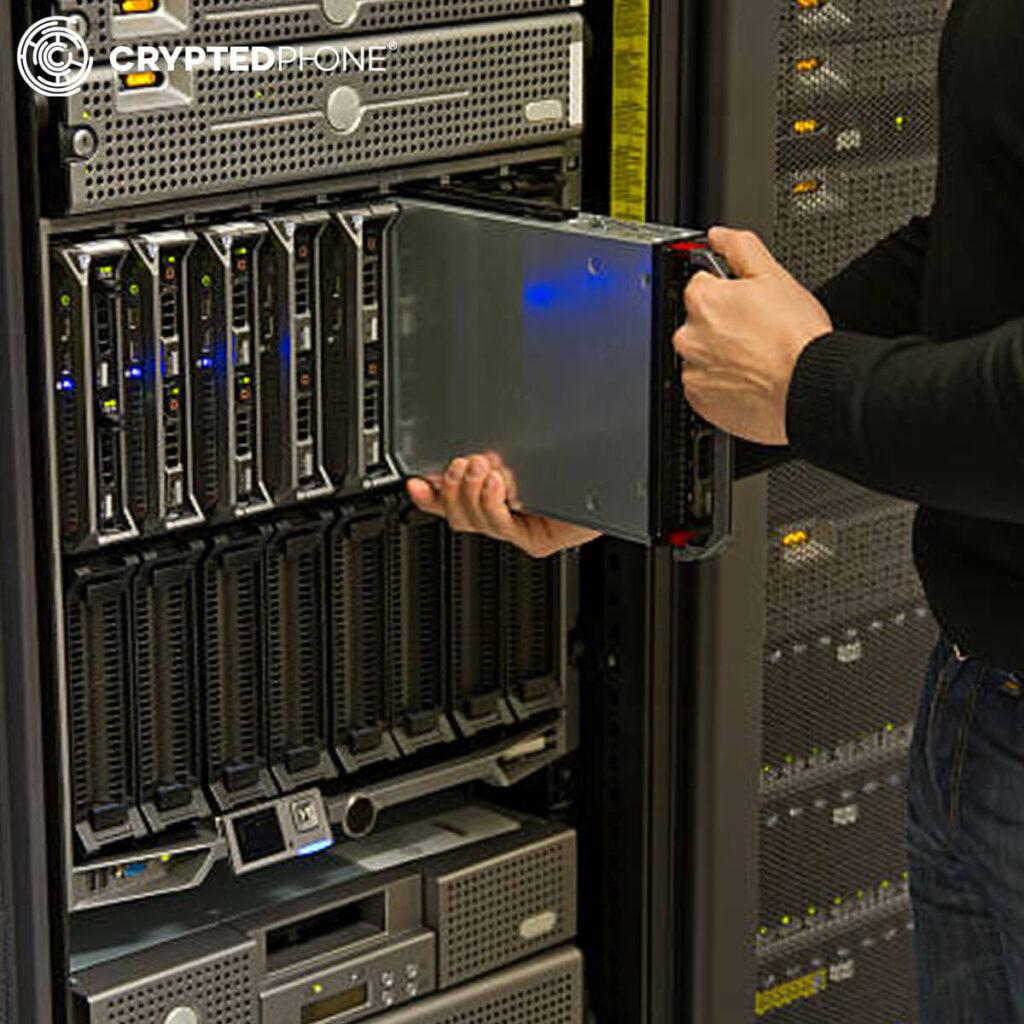Why teams should use secure messaging, secure messaging metadata, and server locations, we’ve covered some mechanisms of secure messaging.
The best practice for secure messaging, and the simplest answer, is to store nothing on the server. However, the reality is that some data must be stored on the servers, at least temporarily, for the service to work.
Index
What is stored?
A secure messaging provider would store encrypted messages on their servers. They may also store information related to the user’s account, such as their email address and message history.
However, it is likely that additional measures will be taken to protect the privacy of users, such as the deletion of inactive account information or the encryption of stored information.
It is important to note that this can vary between different providers, so it is advisable to read the privacy policy of a specific provider for detailed information on how they handle and store information.

Security on your servers
Server security is essential to guarantee the confidentiality, integrity and availability of the information stored on them. Some security measures that can be implemented on servers include:
Access control: Establish authentication and authorization measures to ensure that only authorized persons have access to the servers.
Firewall: Use a firewall to protect servers from external attacks and restrict access to them.
Security monitoring: Use security monitoring tools to detect and alert on potential threats.
Backup copies: Make regular backup copies to be able to recover the information in the event of a system failure.
Security updates: Ensuring that all systems and applications on the servers are up to date with the latest security updates.
Malware Protection: Use security software to protect servers against malware and other types of malicious software.
Security Policies: Establish clear security policies and ensure that all users and administrators follow these policies.

How your messages should be managed on secure servers?
Several techniques and tools are used to manage messages on secure servers, including:
Data Encryption: Encryption algorithms are used to protect data stored on servers so that only authorized persons can access it.
User Authentication: Authentication methods are used to ensure that only authorized users have access to the servers and the data stored on them.
Managing messages on secure servers involves putting security measures in place to protect data stored on servers, ensure that only authorized people have access to it, and monitor and quickly respond to any suspicious activity.
In summary
Storage on secure servers is essential to ensure the security and privacy of a company’s or individual’s data. Secure servers use advanced security measures, such as data encryption, user authentication, and firewalls, to protect data from potential cyberattacks or unauthorized access.
In addition, these servers are located in secure facilities and have a backup system to guarantee data recovery in case of system failure.
Storing the data on secure servers also offers the advantage of scalability. Secure servers are designed to handle large amounts of data and can scale based on the needs of the business or individual.
This means that storage can be scaled up or down as needed, allowing companies to adapt to changes in the business and individuals to keep all their important data secure in the knowledge that it is protected.

